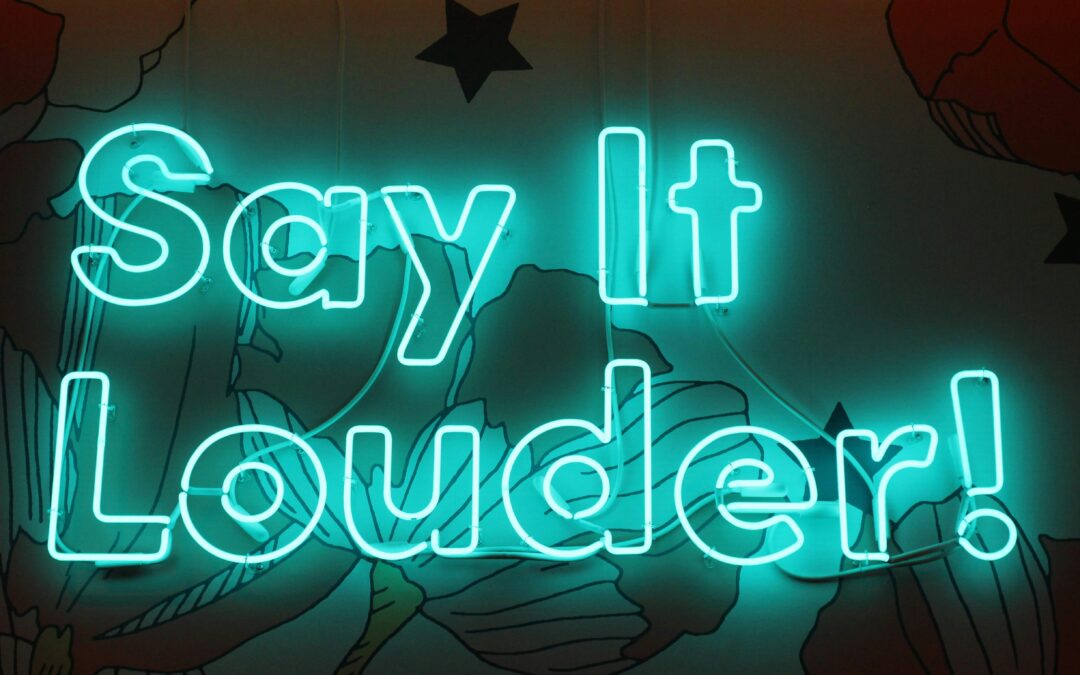What is peer pressure?
Some may define it as when friends or peers attempt to influence how you think or act, however, it may also include how we perceive peer influences. While peer pressure can be helpful at times, it can definitely affect our decisions or make them slightly more difficult. During adolescence, developing healthy relationships is a new, fresh experience, like an adventure someone takes without much of a map or with little pre-planning or direction.
Some teens may not realize they are being “pressured” or influenced in any sort of way. For instance, we may hear these statements like these from our teens: “They’re my friends, you don’t know what you’re talking about.”… “They care about me more than you do!”… “You’re too old to understand.”… “My friends really care and have my back”.
What are the negative effects of peer pressure?
When a peer or friend behaves in a way that has a teen questioning right from wrong, most likely that teen is being exposed to peer pressure. This may not always be negative, yet we usually think of peer pressure as leading another into something harmful or wrong. Friends may persuade teens to do things they may not want to do, such as: defying parents, staying out past agreed upon times, engaging in sexual activity, drinking alcohol prematurely or “experimenting” with drugs, stealing or other crime-related behaviours, poor school performance (e.g., skipping classes or homework assignments).
Choices and decisions may not always stem from peer pressure though. Some teens may admit to willingly making the choice to engage in destructive behaviour. Nonetheless, teens might experience an increased pressure from others to make certain choices in their lives, often without getting much advice from an adult. They may ask themselves any or all of these:
- If I say no, will I be called a loser?
- What if they don’t like me anymore?
- Isn’t this my chance to be a part of the group?
- Is this what having a real friendship is like?
- They will have my back if I get in trouble….right?
There are positive effects to peer pressure?
There are positive effects to peer pressure. Some peers influence others to join school activities, play sports, and help reach goals. With this kind of support, the growth and development at adolescence is beneficial. It can go a long way to boost self-confidence and improve self-esteem. When peers influence each other toward positive behaviours, teens are better able to socialize, engaging in activities, sports and talents, improve academic performance and have a generally more relaxed, confident and positive outlook on life.
Counselling can be a great resource for teenagers, parents, and friends to find a balance with peer and family influences. With professional counselling, individuals are able to build the self awareness to more clearly consider the consequences of behaviours before acting impulsively. Strategies are available to help teens understand thoughts, related feelings and how these influence behaviour patterns. Counselling also helps people create action plans to recover and move away from difficult situations that may cause or increase chances of danger or harm.
Remember that you are not alone, and talking to an un-biased, non-judgmental counsellor can help. Book an appointment with us today.



Recent Comments